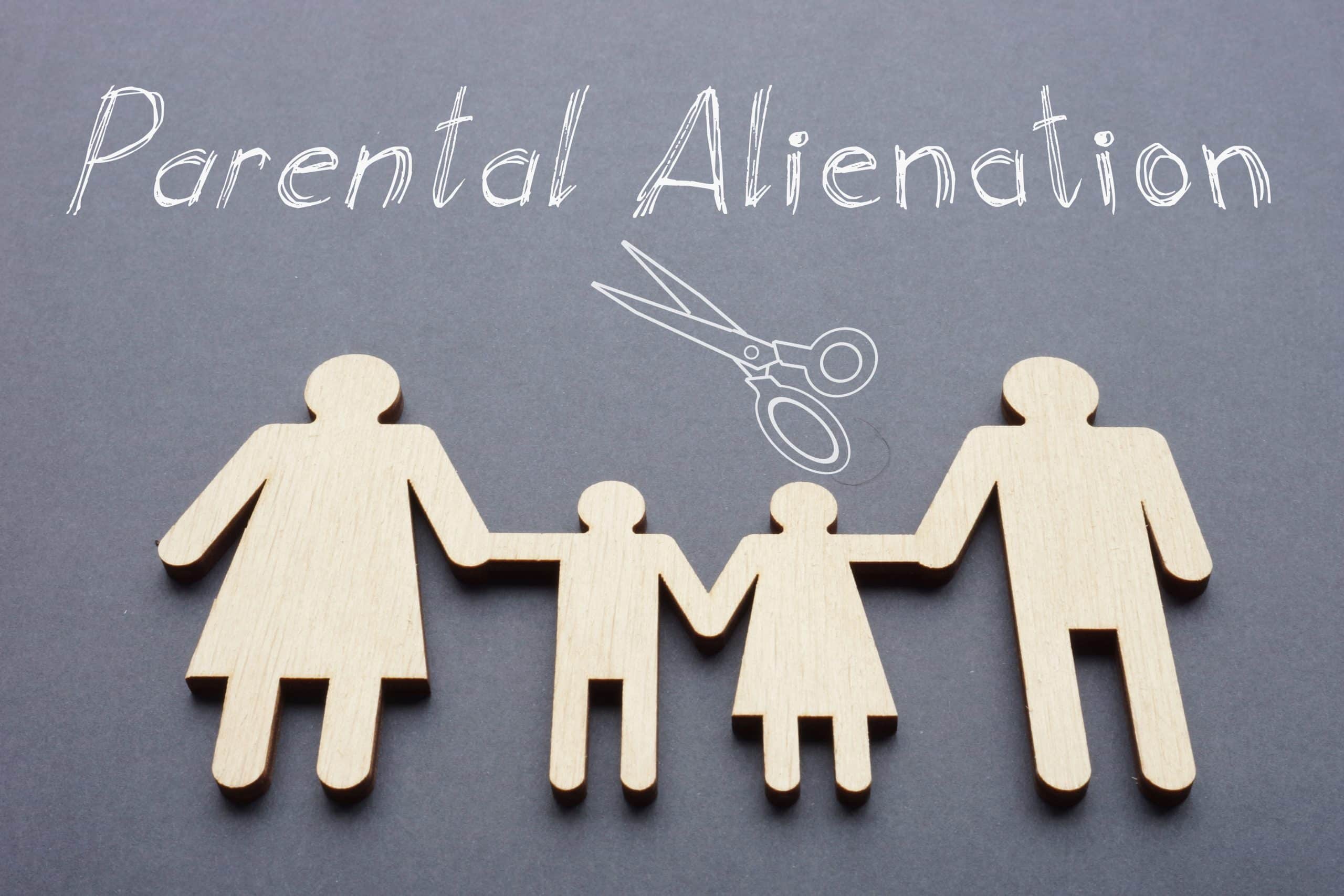When parents separate or divorce, children can sometimes become caught between two adults they love. In some cases, one parent may — intentionally or unintentionally — influence the child’s feelings toward the other parent. This is known as parental alienation or alienating behaviour, and it can have a serious emotional impact on children and lasting consequences in child arrangements proceedings.
What are alienating behaviours?
The Family Court recognises that “parental alienation” is not a medical diagnosis or syndrome. Instead, the focus is on the behaviours that may cause a child to reject a parent without reasonable cause.
Common examples of alienating behaviours include:
- Constantly criticising or undermining the other parent in front of the child
- Creating obstacles to contact or making excuses to prevent visits
- Encouraging the child to take sides
- Rewriting family history to remove positive memories of the other parent
Judges now concentrate on the facts and impact of these behaviours on the child, rather than applying a label. As with cases involving domestic abuse, the court’s role is to establish what has happened and how it affects the child’s welfare.
Are the child’s wishes and feelings considered?
When a child expresses strong feelings about where they want to live or whom they want to see, it’s vital to distinguish between what they have been told to say and what they genuinely feel.
Courts look at a child’s ascertainable wishes and feelings, not simply what they say on the surface. Emotional maturity, age, and the wider context all help professionals understand whether a child’s views are truly their own or influenced by an adult.
How do the court approach Parental Alienation?
The Family Justice Council Guidance (2023) on cases where children refuse to see a parent provides a helpful framework. It confirms that children may resist contact for many reasons — and that refusal does not automatically prove alienation.
Before the court can make a finding of alienating behaviour, three elements must be shown:
- The child is reluctant or refusing contact with a parent;
- That reluctance is not justified by the rejected parent’s behaviour; and
- The other parent’s actions have contributed to the child’s resistance or rejection.
Judges will also consider whether the child’s behaviour may stem from attachment patterns, alignment, or emotional coping strategies, rather than manipulation.
Children who experience conflicting messages from parents may develop what psychologists call splitting — seeing one parent as entirely good and the other as entirely bad. This defence mechanism helps them cope with confusion or loyalty conflicts, but it can damage their long-term emotional wellbeing if left unaddressed.
Recent Family Court decisions
Recent judgments illustrate how courts balance these complex issues:
Re A and B (Children) [2023] – The court found one parent had manipulated the children and placed their own interests above their welfare.
Re GB (Parental Alienation: Factual Findings) [2024] – The children’s rejection of their father was found to be a justified response to his behaviour.
Re T (A Child) [2024] – The court acknowledged the limits of its powers when one parent was determined to exclude the other despite repeated findings of alienation.
These cases highlight the importance of evidence, early intervention, and putting the child’s welfare first.
What support is there for children?
When a child refuses or resists contact, emotional support is just as important as legal guidance. Helpful resources include:
- Childline – 0800 1111 (confidential support for children)
- Shout – text “SHOUT” to 85258 for free 24/7 mental-health support
- The Mix – advice and counselling for ages 11–25
- Relate – counselling for young people and families
Working with mediators, family therapists, or child-inclusive practitioners can also help a child’s genuine voice be heard safely.
How we can help
Alienating behaviour cases are among the most challenging in family law. They require careful handling, sensitivity, and a firm understanding of both the emotional and legal complexities involved.
If you believe your child is being influenced against you, or if contact has broken down, our specialist family law solicitors can assess your situation and advise on your legal options.
Ultimately, the court’s focus — and ours — is always on the child’s best interests. Whether alienating behaviours are found or not, every case must ensure children have the chance to build healthy, loving relationships with both parents wherever possible.
If you need confidential advice on parental alienation or child contact issues, speak to our experienced family solicitors today. We’re here to help you navigate these sensitive matters with care and clarity.




